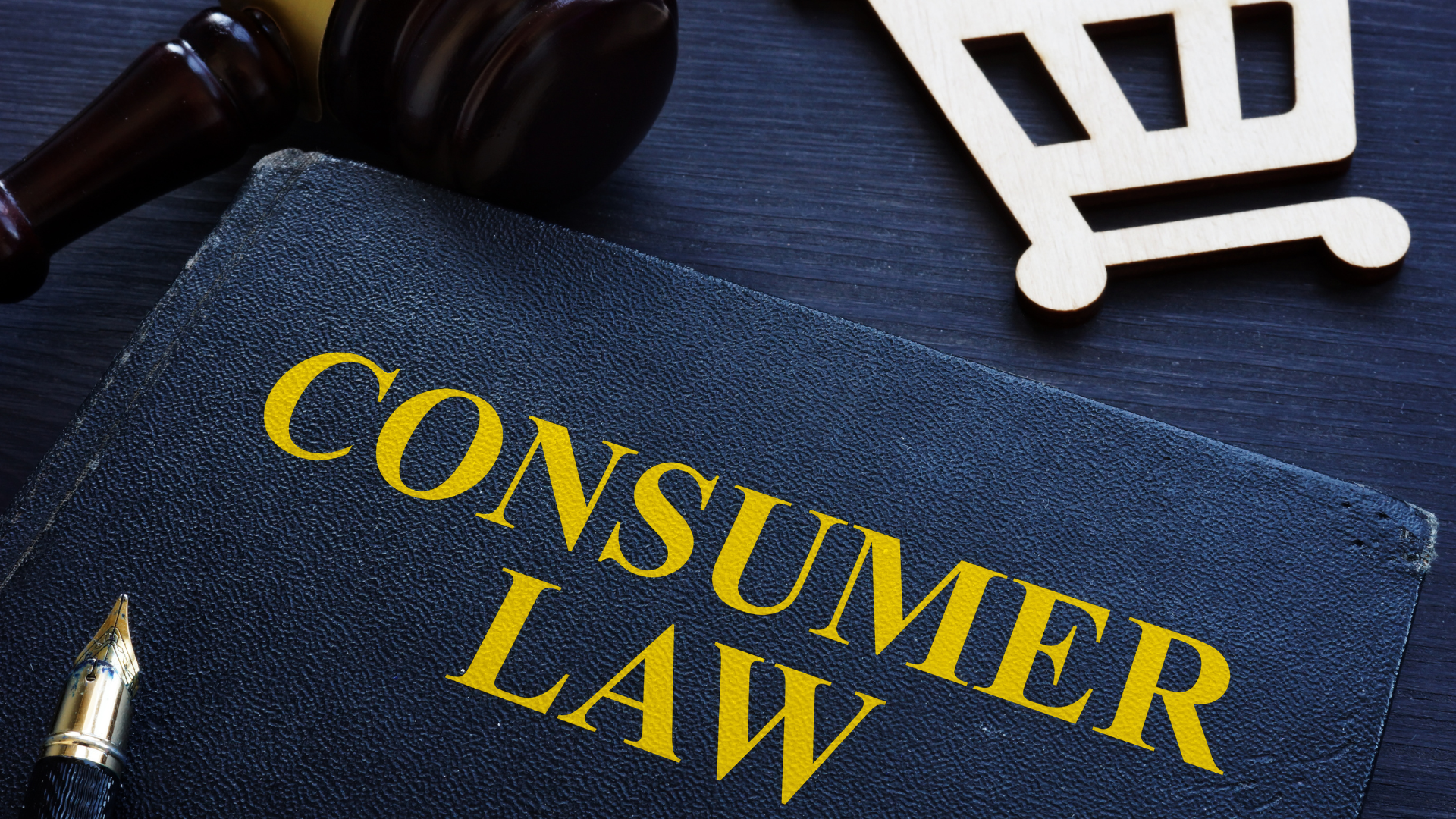In recent years, legislation designed to protect consumers has been enacted on both the federal and state levels. Purchasing products and services are different than it was many decades ago. Consumers can no longer just buy what they want when they want – they have to be careful about all aspects of their purchase, from where the product is sold to how they pay for the product.
The trend of purchasing goods online is on the rise, offering unparalleled convenience. However, with this convenience comes the imperative need to safeguard oneself, given the proliferation of counterfeit products and fraudulent companies in recent years. Recognizing the significance of consumer protection, many countries have enacted specific laws, such as the INFORM Consumers Act, designed to shield consumers, retailers, and online marketplaces from falling victim to deception by fraudulent entities.
To ensure your protection as a consumer, it is advisable to familiarize yourself with the consumer laws in your country. Understanding these laws will empower you to navigate the online marketplace effectively and avoid common pitfalls that could compromise your security. Staying informed about your rights and being cautious can go a long way in ensuring a secure and satisfactory online shopping experience.
How To Prevent Disputes With Retailers
When making a purchase, whether online or in person, it’s important to be an informed consumer and know your rights. By understanding your rights and the laws that protect you, you can avoid disputes with retailers.
Here are some tips to help you prevent disputes with retailers:
1. Understand Your Rights As A Consumer
There are many consumer laws in place to protect buyers when making a purchase. It is important to be aware of your rights as a consumer so that you can make informed choices and avoid being taken advantage of. Some of the key consumer laws that you should be aware of include the Consumer Protection Act, the Competition Act, and the Consumer Guarantees Act. These laws offer protection against things like false advertising, unfair prices, and faulty products. When making a purchase, be sure to do your research and make sure you understand your rights as a consumer. This will help you avoid being taken advantage of and ensure that you are getting the best possible deal.
2. Research Before You Buy
Before making any significant purchase, it’s crucial to conduct thorough research. Reading reviews, comparing prices, and searching for available discounts or coupons can help ensure that you get the best possible deal. For example, instead of buying impulsively or relying on hearsay, consider visiting websites like https://links.serp.co/links/medium/ to read reviews of the products you’re interested in. Doing so may uncover valuable insights and experiences from other consumers, providing a well-rounded perspective on the product’s performance, durability, and overall satisfaction. That being said, keep in mind that it is also important to be aware of your consumer rights. This includes the right to a refund, exchange, or repair if an item is faulty. If you are ever unsure about your rights, you can always speak to a consumer law specialist for advice.
3 . Pay Attention To Detail
When making a purchase, be sure to pay attention to all the details involved. This includes things like the price, shipping costs, return policy, warranty, etc. Carefully review all of this information before finalizing your purchase so that there are no surprises later on.
4 . Read The Fine Print
Most people don’t read the fine print on contracts, warranty documents, and other important papers. They assume that the larger print contains all the important information. Unfortunately, this isn’t always the case. The fine print often contains provisions that can be advantageous or disadvantageous to the consumer.
Some companies use the fine print to their advantage, adding clauses that absolve them of responsibility or make it difficult to get a refund. Others sneak in hidden fees or automatically enroll customers in programs they may not want.
To protect yourself, always read the fine print carefully before signing anything or making a purchase. Don’t be afraid to ask questions if you don’t understand something. And if a company is trying to take advantage of you, don’t hesitate to walk away or take your business elsewhere.
5. Be Aware Of Scams And Tricks
There are a few things to keep in mind when protecting yourself from scams and tricks when making purchases. First, be aware of your surroundings. If you are in a store, Pay attention to your personal belongings and keep them close to you. If you are online, be aware of the website you are on and make sure it is a secure site. Second, know who you are dealing with. If you are dealing with a person, make sure you know their name and the company they are representing. If you are dealing with a company, make sure you know their address and phone number. Finally, trust your instincts. If something feels off, it probably is. Do not be afraid to walk away from a deal or a person if you have a bad feeling about it.
6. Get Help If You Have A Problem
If you have a problem with a purchase, there are a few things you can do to get help. Try to resolve the issue with the company directly. If you are not able to do this, you can file a complaint with the Better Business Bureau or your local consumer protection office. You can also file a lawsuit against the company if you have suffered financial damages. This can be understood better with the help of the below-mentioned examples.
For instance, families impacted by the Enfamil NEC lawsuits have pursued legal action against the manufacturers, seeking compensation for harm caused to premature infants. While exact enfamil settlement amounts vary depending on the case, these lawsuits often secure compensation for medical bills, pain, suffering, and other damages.
Similarly, individuals involved in the Roundup cancer lawsuits have received significant settlements after claiming the product caused non-Hodgkin’s Lymphoma. Another example includes the Zantac lawsuits, where settlements are being sought due to claims that the heartburn medication was linked to cancer-causing contaminants.
Whether it’s a product defect, deceptive business practice, or serious harm caused by negligence, taking legal action or seeking recourse through established consumer advocacy channels can help you resolve your concerns and potentially secure compensation for your losses.
What Are The Most Common Disputes?
There are a few different types of disputes that tend to be the most common when it comes to consumer law. These include:
Billing Disputes
This is when you feel like you’ve been charged too much for something, or if there are hidden fees that you weren’t made aware of.
Quality Disputes
This is when you receive a product that isn’t up to the standards that were promised, or if it’s not what you expected. This can often be a widespread issue when a company puts out a defective product en masse, leading to what is known as a class action lawsuit against them. These are generally handled by firms such as the Law Office of Mohaimina Haque, PLLC, and if you as a consumer have been affected by the product in question, then you can join in on the lawsuit.
Service Disputes
This can happen when you’re not happy with the service you received, or if you feel like you were treated unfairly.
If you find yourself in any of these situations, it’s important to know your rights as a consumer and what steps you can take to protect yourself.
How Much Does It Cost To Hire A Lawyer Or Take Legal Action?
Simple cases may only require a consultation with a lawyer, which usually costs between $100 and $200. More complex cases may require an hourly rate, which can range from $200 to $500 per hour. If you choose to file a lawsuit, you may also be responsible for court fees.




